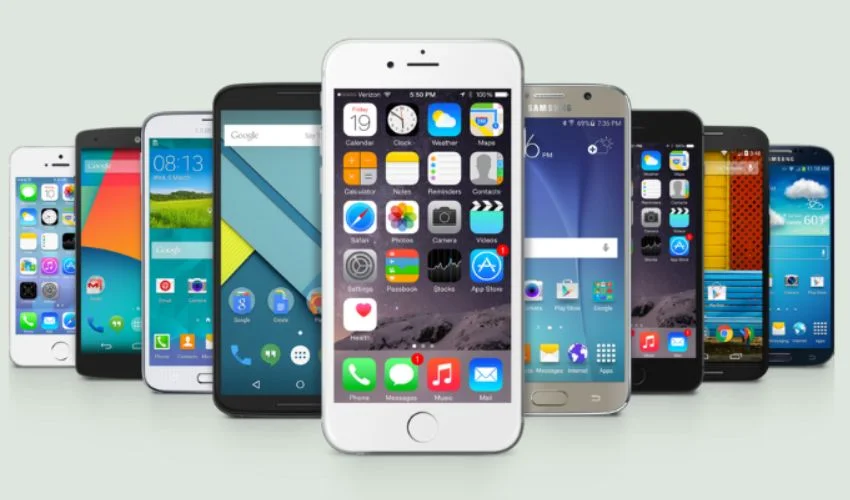
Pakistan’s Mobile Phone Service Tax: A Barrier to Digital Progress
The rapid expansion of digital technology and mobile connectivity is essential for the economic and social development of any modern country. In Pakistan, however, the high tax rate on mobile phone services has become a significant obstacle to achieving the government’s ambitious Digital Pakistan vision. According to the latest report from the GSM Association (GSMA), Pakistan imposes the highest mobile service tax rate in the region—a situation that threatens to stifle digital growth, discourage foreign investment, and limit access to affordable connectivity.
GSMA Raises Red Flags Over Mobile Taxation
The GSMA, a leading industry body representing mobile network operators worldwide, has taken a critical stance on the current tax regime affecting Pakistan’s telecom sector. In its recent report, the GSMA highlighted the pressing need for the government to review and reduce taxes on telecom services and operators. At present, the total tax rate on mobile phone usage in Pakistan stands at a staggering 33 percent, which includes an 18 percent sales tax and a 15 percent advance tax.
The GSMA has recommended that the government reduce this burden, arguing that such high taxation not only undermines consumer affordability but also poses a direct threat to digital transformation. The industry body urged policymakers to recognize that a more rational tax structure is crucial for attracting investment and fostering innovation in the sector.
Regional Comparison: Pakistan’s Taxes Among the Highest
The GSMA report draws attention to the stark contrast between Pakistan’s tax rates and those of other countries in the region. For instance, mobile service tax rates are 26 percent in Nepal, 23 percent in Sri Lanka, and 18 percent in India. In Southeast Asia, the tax burden is even lighter: 12 percent in the Philippines, 11 percent in Indonesia, 9 percent in Singapore, 7 percent in Thailand, and just 6 percent in Malaysia.
This comparison underscores how Pakistan’s high taxation is an outlier, making it far less competitive than its regional peers. Lower taxes not only make mobile services more affordable for consumers but also create a more attractive environment for foreign investors and multinational telecom operators.
Impact on Digital Growth and Investment
The consequences of high mobile service taxes in Pakistan are far-reaching. The GSMA report points out that elevated taxes are “hampering digital growth and investment in the country.” With digital technology becoming an integral part of everyday life, from online education to e-commerce and digital payments, excessive taxation restricts widespread adoption and hinders the country’s ability to bridge the digital divide.
One of the most striking findings in the GSMA report is the low average revenue per user (ARPU) in Pakistan’s mobile industry. The ARPU is less than one dollar per user, compared to a global average of more than eight dollars. This discrepancy not only illustrates the challenges faced by telecom operators in Pakistan but also signals limited potential for reinvestment in network infrastructure and service innovation.
Taxes on Operators, Services, and Devices
The GSMA report also points out that taxes in Pakistan are imposed across multiple layers of the mobile ecosystem, including operators, services, and devices. Such a comprehensive tax regime raises the cost of doing business for telecom companies and makes smartphones and other digital devices less affordable for the average consumer. This, in turn, slows the pace at which new users can come online and benefit from the opportunities of the digital economy.
Recommendations for Policy Reform
In light of these challenges, the GSMA is calling on the government of Pakistan to adopt a more investment-friendly tax policy for the telecom sector. By reducing the tax burden, the government can stimulate digital adoption, encourage innovation, support local and foreign investment, and advance its vision of a truly Digital Pakistan.







